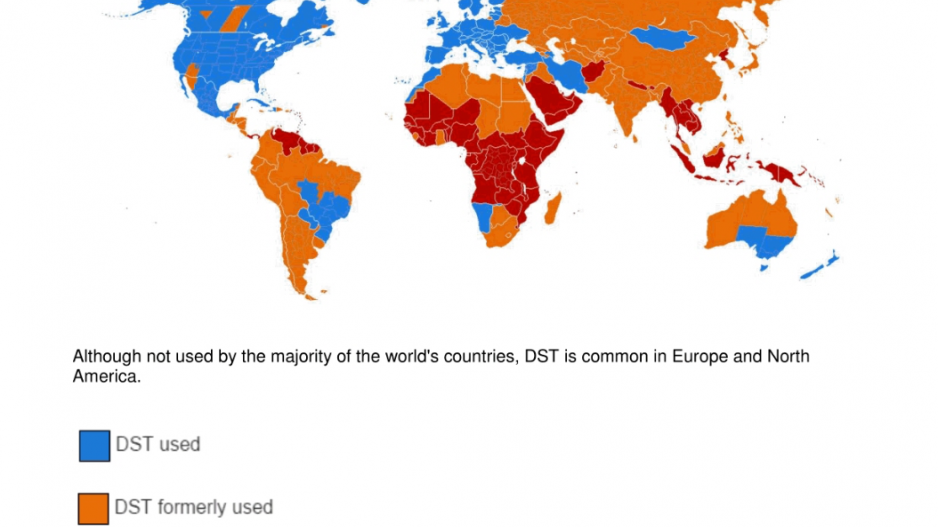Don’t forget to turn your clock back on Sunday, when most British Columbians will get an extra hour of sleep and some will get a bigger paycheque.
Research shows, however, not everyone will benefit from the return to Standard Time and the afternoon rush hour will be riskier on Monday.
A February 19 briefing note to Minister Todd Stone on the issue of Daylight Savings (sic) Time quoted from an Insurance Corporation of British Columbia review of crash data from 2000 to 2009 for the two weeks before and two weeks after daylight saving time.
“It concluded no significant statistical difference regarding incident counts in the three-hour time period in the two weeks prior to and following commencement of DST, with the exception of the time period 3 to 6 p.m. (afternoon rush hour period),” said the briefing note, released to BIV under the freedom of information law. “DST transition saw a marginal increase in incident counts for the two weeks following the transition for the time period of 3 to 6 p.m.”
ICBC suggest reduced visibility due to a higher level of darkness during the afternoon rush hour contributed to more crashes.
A 2011 ICBC survey about the November time change said there is a 10% increase in the average number of Lower Mainland crashes during the late afternoon commute in the two weeks following DST, compared with the two weeks before.
That survey found 30% of motorists overcompensate for the extra hour of sleep by staying up later and losing the benefit of extra sleep. Only 24% of motorists surveyed reported feeling more alert the morning after the end of DST, while 19% felt less alert for the first few morning commutes.
“Overall, motorists felt less safe on the road during their afternoon commute following the time change, compared to the morning commute,” said the briefing note.
Saskatchewan and parts of the Peace River Regional District in B.C. are the only parts of Canada that don’t observe DST. Chetwynd, Dawson Creek, Hudson’s Hope, Fort St. John, Taylor and Tumbler Ridge are on Mountain Time, rather than Pacific Time.
For some in B.C., the time change will mean more money in their pockets.
“In the case of the start of DST, an employee who works only 7 hours is entitled to 7 hours of pay,” said the briefing note by Kirk Rockerbie in the Transportation Policy Branch. “At the end of DST, an employee who works 9 hours must receive 1.5 times the regular rate of compensation for the last hour worked. Where there is a collective agreement in place, and where the agreement sets out overtime pay provisions, an employee shall be compensated in accordance with those provisions.”
In 2007, B.C. and other Canadian provinces joined the United States and extended DST by four weeks — beginning three weeks earlier on the second Sunday of March and ending one week later on the first Sunday of November, “to conserve energy and remain consistent with economic and social ties to the U.S.”
B.C.’s cabinet has the authority to prescribe DST, which ends Sunday at 2 a.m. The 2006 Ministry of Justice consultation found overwhelming support for DST in B.C., because it is “more convenient for businesses and travellers, and that daylight saving time helps conserve energy.”




